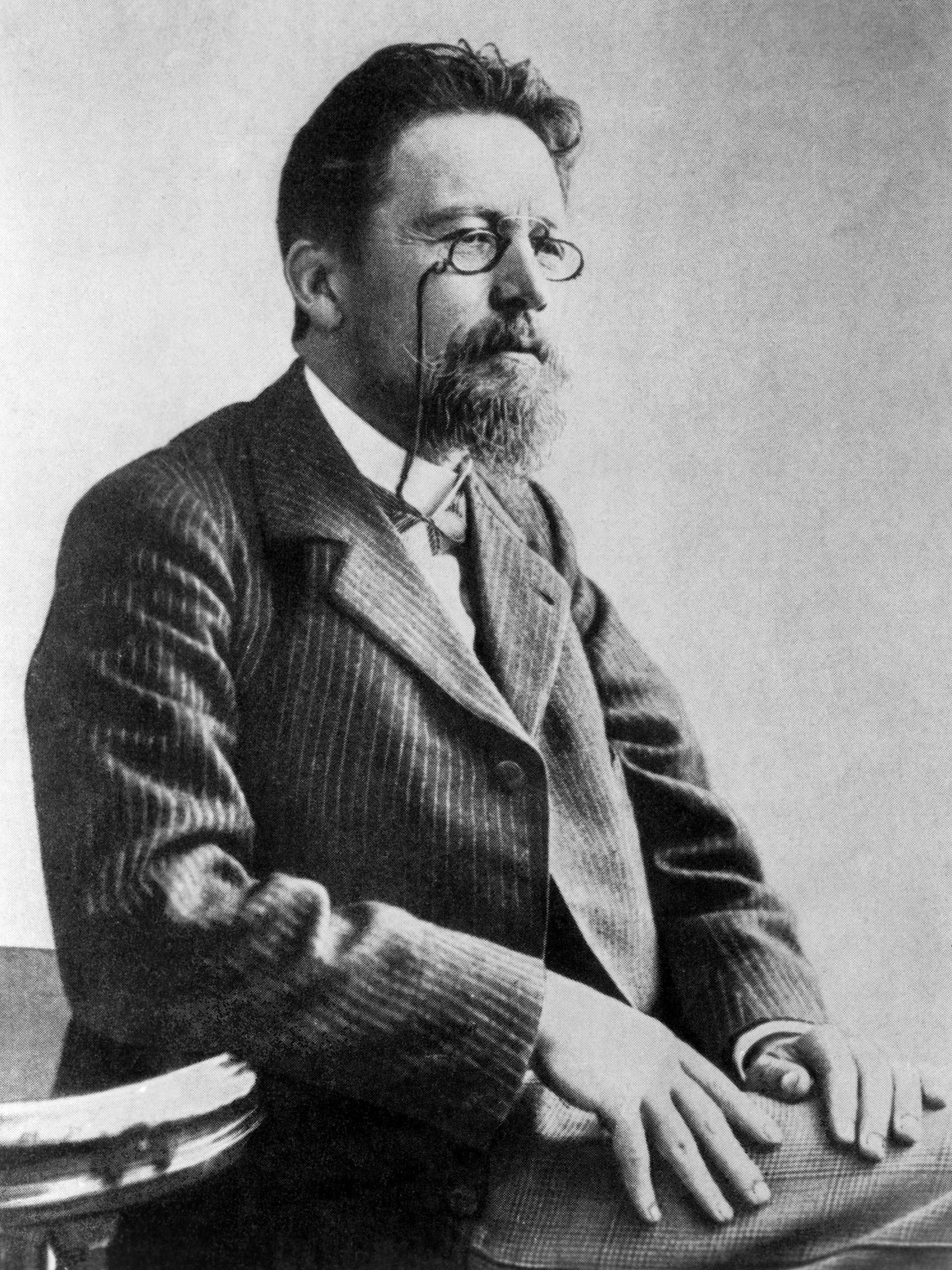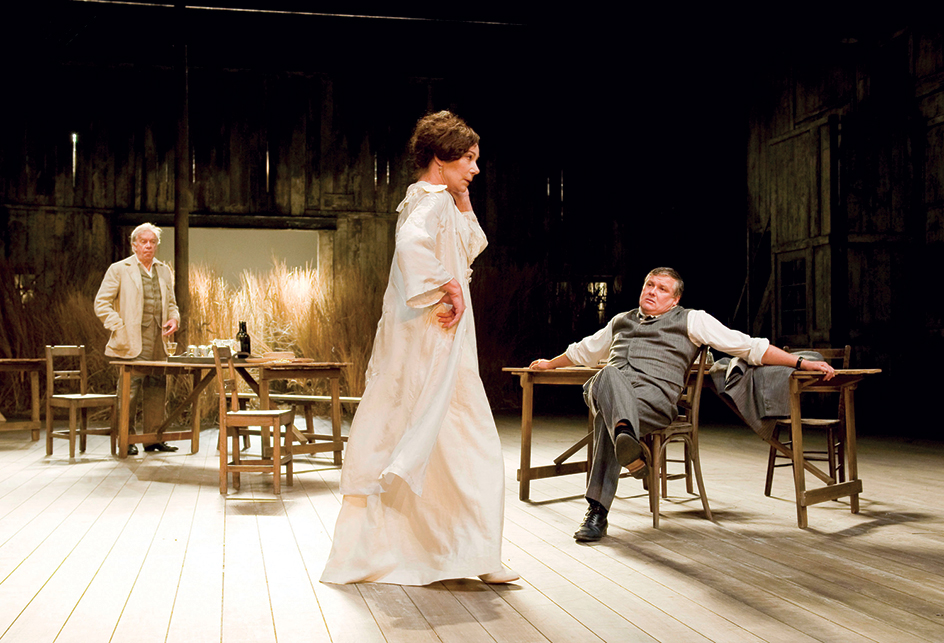Chekhov, Anton, << CHEHK awf, ahn TAWN >> (1860-1904), was a Russian playwright and short-story writer. His works show the stagnant, helpless quality of Russian society, especially the rural landowners, in the late 1800’s. Most of his characters are decent and sensitive. They dream of improving their lives, but most fail, victims of their sense of helplessness and uselessness. Scholars believe Chekhov probably was criticizing the backwardness he saw in Russian social and political life under the czars. But he never preached at his readers or audiences, preferring to present highly individualized characters with specific problems.

Perhaps Chekhov’s most famous works are four plays he wrote late in his life—The Sea Gull (1896), Uncle Vanya (1899), The Three Sisters (1901), and The Cherry Orchard (1904). These plays have been called gloomy and pessimistic. But they blend poetic atmosphere with sympathetic treatment of characters who are trapped in unfulfilling lives and cannot help themselves.

Anton Pavlovich Chekhov was born in Taganrog on Jan. 29, 1860 (January 17 on the Russian calendar then in use). In 1879, Chekhov moved to Moscow, where he studied medicine. He began his literary career writing short humorous stories and sketches for popular newspapers and comic sheets to help support his needy family. Chekhov graduated from medical school and became a doctor. His scientific background and his experiences as a country doctor contributed to the realism of his mature stories. In 1890, Chekhov studied the Russian state prisons on Sakhalin Island in the Pacific Ocean. He described the terrible living conditions there in Sakhalin Island (1893-1894). In 1901, Chekhov married Olga Knipper, an actress who played leading roles in several of his plays that were staged by the famous Moscow Art Theater. Chekhov died of tuberculosis on July 14 or 15, 1904.
